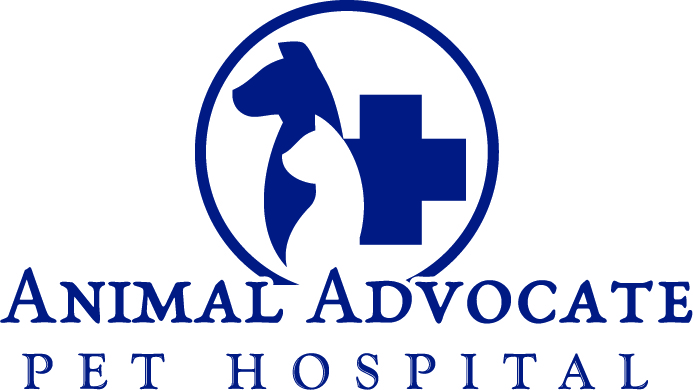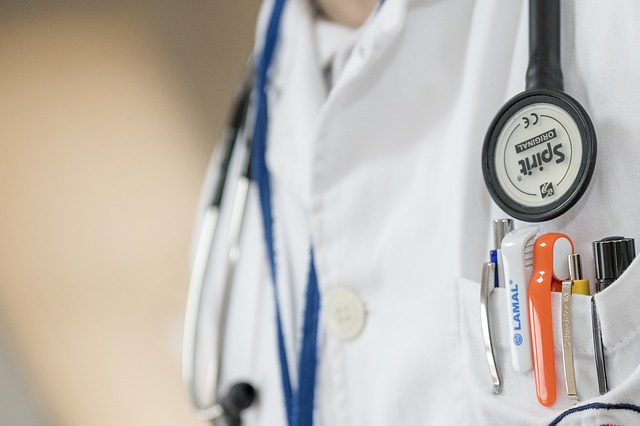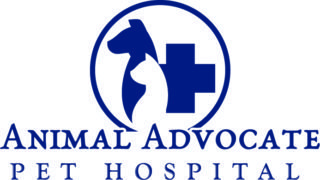Dear Animal Advocate Pet Community,
We are all aware of the growing concern for the community involving COVID-19 and our hearts go out to all that have been affected. You may have questions as it relates to your 4-legged pets as well. As your pet’s health care provider, we wanted to reach out and give information to support.
The American Veterinary Medical Association, the governing body for our veterinary services in the United States of America, is the source that we will focus on during this time. They get their information from the CDC (Centers for Disease Control), WHO (World Health Organization), and the USDA (United States Department of Agriculture). Here are some key takeaways:
- The betacoronavirus that causes COVID-19 is SARS-CoV-2 (formerly 2019-nCoV).
- Person-to-person spread has been reported in numerous countries, including the United States. Some popular international destinations, including the United States, also appear to have community spread.
- Transmission seems to occur when there is contact with an infected person’s bodily secretions, such as saliva or mucus droplets in a cough or sneeze.
- There are currently no antiviral drugs recommended or licensed by FDA to treat COVID-19, and there is no immunization available.
- For most people in the United States, the immediate risk of being exposed to SARS-CoV-2 is believed to be low, but the CDC considers the virus a very serious public health threat.
- The best way to avoid becoming ill is to avoid exposure to the virus. Taking typical preventive actions is key.
- Infectious disease experts and multiple international and domestic human and animal health organizations agree there is no evidence at this point to indicate that pets become ill with COVID-19 or that they spread it to other animals, including people.
- Out of an abundance of caution, it is recommended that those ill with COVID-19 limit contact with animals until more information is known about the virus. Have another member of your household take care of walking, feeding, and playing with your pet. If you have a service animal or you must care for your pet, then wear a facemask; don’t share food, kiss, or hug them; and wash your hands before and after any contact with them.
- As always, careful handwashing and other infection control practices can greatly reduce the chance of spreading any disease. The National Association of State Public Health Veterinarians’ (NASPHV) compendium of standard precautions is a good reference for appropriate infection control in veterinary practices.
- https://www.avma.org/resources-tools/animal-health-and-welfare/covid-19
At Animal Advocate Pet Hospital, we have also taken steps for your safety in clinic. We clean each room thoroughly prior to new clients entering. We have hand sanitizers with greater than 60% alcohol throughout and areas for hand washing to decrease additional spread. We care about you and your pet so this upkeep is our top priority. Again, pets do not seem to be affected or to cause infection at this time and we will update if there are any additional changes.
This situation is evolving quickly. We will do our best to keep you updated on the pet’s perspective. We are committed to being the Advocate you trust us to be.
Please note that for our clients we do have Virtual Exams which allow you to get medical advice through telemedical channels. Required to already be a valid client in order to qualify for this special service. Call today to discuss your options.



